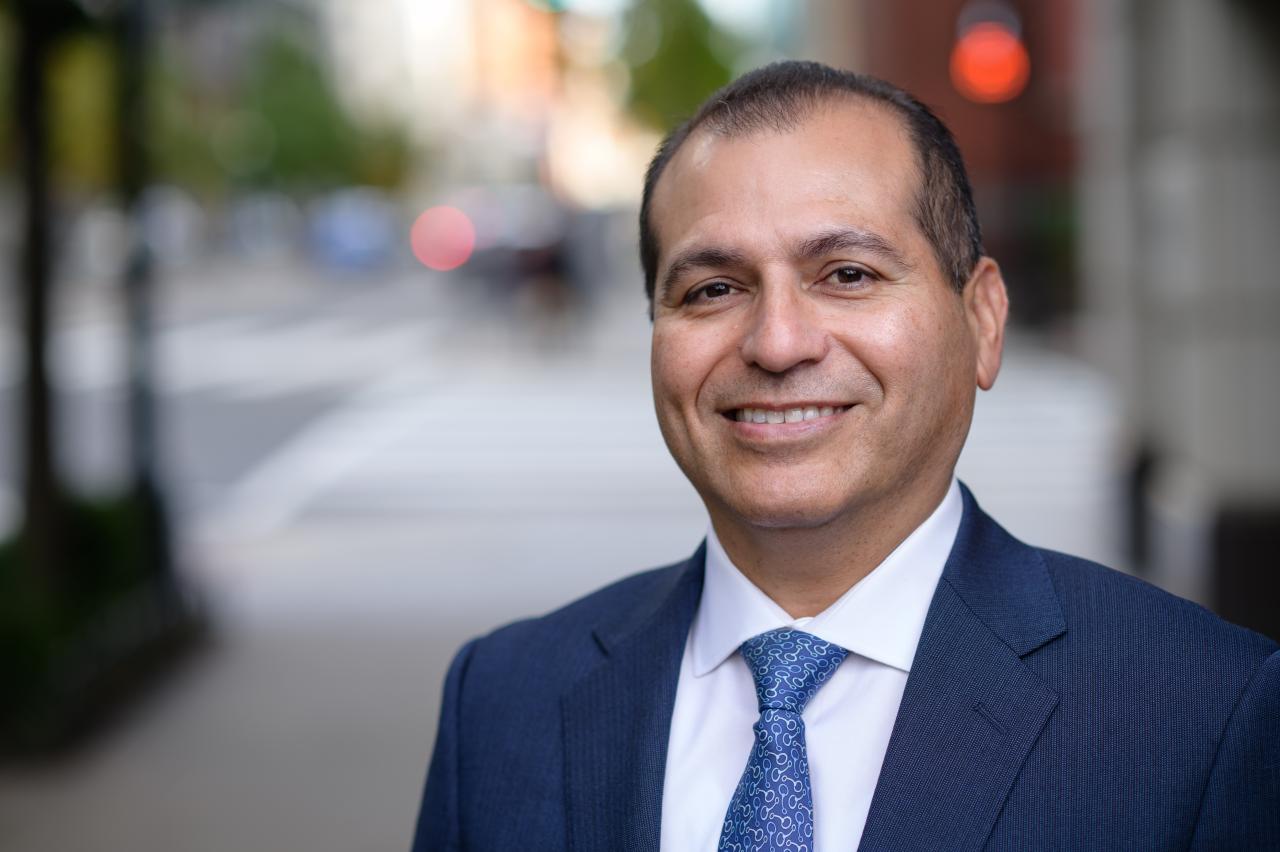Building Stronger Partnerships: Banks and CDFIs in the Evolving Landscape of Community Development
By Reymundo Ocañas, executive vice president & managing director, Community Development Banking at PNC and chair of LIIF's Board of Directors and Daniel Nissenbaum, CEO of the Low Income Investment Fund (LIIF)
NORTHAMPTON, MA / ACCESSWIRE / February 13, 2024 / Banks and Community Development Financial Institutions (CDFIs) have long been collaborators in the shared pursuit of communities' economic vitality. As in any enduring partnership, adaptability and resilience are essential and as the landscape of community development evolves, the alliance between banks and CDFIs must continue to grow, innovate and adapt to the challenges and opportunities of the current economic environment.
Despite the complexities of pandemic recovery, Black, Latino and other communities of color have shown remarkable resilience. Although CDFIs have historically been a key resource for these communities, the current uncertain economic environment makes it more challenging to provide the innovative capital products community investors are known for.
In times like these, our partnerships as financial institutions in communities are more needed than ever. According to the U.S. Census Bureau, targeted investments during the pandemic, like stimulus payments, kept 1.3 million Latino and 756,000 Black children out of poverty. Data from the Startup Cartography Project highlight a surge in small business formation in communities with a higher percentage of Black residents. Significant bounce-backs from economic challenges occur in communities, particularly communities of color, with targeted investment.
Such progress, however, is fragile and vulnerable to retrenchment. Borrowers have felt the adverse effects of higher interest rates, tighter credit standards and other inflationary pressures. Yet, LIIF's and PNC's commitments remain unwavering: PNC's Community Benefits Plan pledges
As we continue our joint efforts to strategically advance economic prosperity, a key consideration in this evolving landscape is the cost of funds. Patient, flexible and risk tolerant capital is more critical than ever. When this type of catalytic financing is strategically deployed, it stimulates positive social or environmental outcomes, often in situations where traditional market forces alone may not be sufficient to achieve our goals. Catalytic capital routinely attracts additional investments and creates a ripple effect of positive change, ultimately fostering sustainable impact and positive systemic transformation.
Historically, PNC and LIIF have stood at the forefront of such collaborations. Our collective efforts have not only translated into significant financial commitments but have also yielded tangible, transformative outcomes. For instance, we have jointly directed capital toward projects that have made a positive impact on local economies such as Naturally Occurring Affordable Housing, a development group making workforce housing more accessible throughout San Diego and Escondido.
Together, we are pushing our sector to expand access to catalytic capital, leverage federal resources, and pave the way for a future where our collaborations uplift communities, foster innovation, and drive lasting change. We call on our peers to do the same. The call is clear: stronger partnerships today for a more resilient and equitable tomorrow.

Contact Info:
Spokesperson: The PNC Financial Services Group
Website: https://www.3blmedia.com/profiles/pnc-financial-services-group
Email: info@3blmedia.com
SOURCE: The PNC Financial Services Group
View the original press release on accesswire.com








